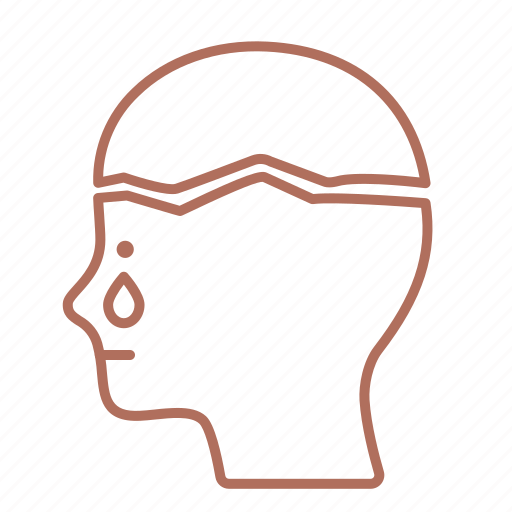Depression can have a significant impact in our daily lives, and affect our mood, quality of life and interpersonal relationships. There is also an element of Seasonal Depression that occurs in cold winter months where days are shorter, and individuals can feel more isolated.

If you are diagnosed with MDD you may feel a deep sense of hopelessness, emptiness or numbness that lasts for a prolonged period of time.

This is also known as dysthymia, a type of depression characterized by its lingering for an extended period of time, often two or more years. People struggling with PDD can feel down, or hopeless (with less intensity than MDD), but describe these feelings as a constant cloud.

If you are struggling with PMDD you may notice a significant and severe shift in mood in the days or weeks prior to your menstrual cycle. PMDD is characterized by deep feelings of sadness, anxiety or anger.

Seasonal Affective Disorder is a type of depression that happens at certain times of the year, most often during the fall and winter months when there’s less sunlight. It's often characterized as more than just feeling down because of the cold weather—it’s a real mental health condition that can make you feel sad, tired, or hopeless for weeks or even months.
Depression affects more than just a person’s mood—it can have widespread mental, physical, and emotional impacts that make everyday life feel overwhelming.

You may experience persistent negative thoughts about yourself, your future, and the world around you. This can lead to feelings of hopelessness or helplessness.
Depression can make it hard to focus, remember things, or make decisions, which can affect work or school performance.
Depression may cause difficulty with short-term memory or a feeling of "brain fog," making it harder to retain information.
It can be difficult to make even simple choices, leaving you feeling stuck or overwhelmed.

One of the most common physical symptoms is feeling constantly tired, even after a full night’s sleep. This overwhelming fatigue can make daily tasks feel exhausting.
Depression can lead to insomnia (trouble falling or staying asleep) or hypersomnia (sleeping too much), leaving you feeling unrested.
You may experience changes in eating habits—either losing your appetite or overeating—which can lead to weight gain or loss.
Depression can manifest physically in the form of headaches, back pain, or muscle aches, often with no clear physical cause.
Depression can affect the immune system, making it harder to fight off illness and leading to more frequent sickness.

You may struggle with intense feelings of guilt or worthlessness, believing that you are not good enough or that you are a burden to others.
Things that used to bring joy or fulfillment may no longer seem enjoyable, leading to isolation or withdrawal from loved ones.
Depression can sometimes cause irritability, frustration, or feelings of anger that may feel hard to control.
You may feel emotionally numb, disconnected, or unable to feel happiness, making it hard to experience positive emotions.
It’s important to remember depression is treatable. With the right support, whether that’s therapy, medication, or a combination, people can find a way to manage their symptoms and feel better over time. If you or someone you know is struggling with Depression, it’s okay to ask for help and take small steps toward healing. You don’t have to go through it alone.

Behavioural Activation Therapy (BAT) is a type of therapy that focuses on helping you get back into activities that bring you joy or a sense of purpose. BAT encourages you to start doing small, positive activities that can improve mood and help fight feelings of hopelessness. By re-engaging with life and tackling avoidance behaviours, BAT helps break the cycle of depression.

Cognitive Behavioural Therapy (CBT) can help with depression by learning to shift negative thought patterns. Depression often leads to negative self-talk, such as believing you’re worthless or that things will never get better. CBT offers practical coping skills to help manage daily challenges which over time can lead to improved mood.

If you are struggling with depression you might experience engaging in negative self-talk rooted in harmful core-beliefs about yourself.. This can look like increased feelings of shame, self-criticism and guilt that can deepen feelings of depression. CFT can alleviate these feelings by re-teaching self-compassion.

IPT for depression can help you understand how your relationships affect your mood and teaches ways to improve social interactions. It can also help you navigate life transitions and conflicts more effectively, leading to stronger emotional support and connections. Interpersonal Therapy (IPT) focuses on improving relationships and communication, which can have a significant impact on alleviating feelings of depression.
For more information on stress, anxiety and treatment options that work for you, please reach out to our team: